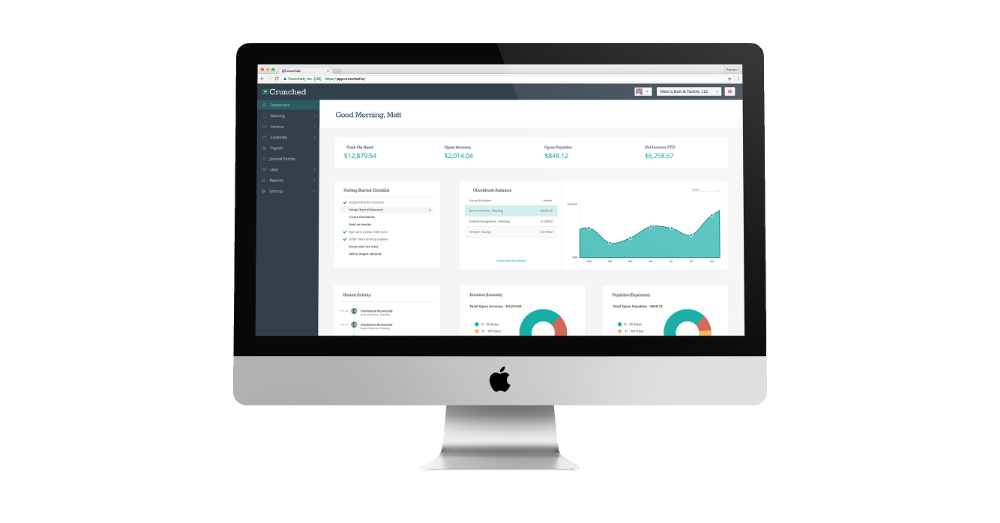The Difference Between A Bookkeeper And An Accountant
By Matt Reims
One of the most important tasks you’ll have as a small business owner is managing your finances. As the business grows, and you take on more responsibilities, one of the first things to be outsourced is typically the financing. If you’re in a position to hire, it could be a good time to consider hiring a professional bookkeeper and/or accountant.
It’s important to specify that you could work with an accountant or a bookkeeper or both. Although the terms are often interchanged, they are two different job functions. Depending on the complexity of your small business’s finances, you may work with both at some point.
So what’s the difference between an accountant and a bookkeeper? While both handle and monitor your financial matters, the roles differ in terms of responsibilities, capabilities, credentials, and more.
Duties
Bookkeepers tend to focus on the day-to-day transactions of your business. They monitor and post your credits and debits, send and keep up with invoices, and maintain the company’s general ledger. A ledger houses sales and expense receipts. These postings can be recorded on a spreadsheet or, more effectively, online with a cloud-based accounting system.
However bookkeepers opt to keep the ledger, they are responsible for maintaining its accuracy.
Meanwhile, an accountant will work off of a bookkeeper’s records. Accountants also can record expenses that a bookkeeper may not have posted yet, such as employee wages that have not been processed or bank loan interest that hasn’t accrued.
Accountants also provide financial statements like balance sheets and income statements. They will work with company management to help them understand how decisions, past and future, could affect their financial accounts. And they’re responsible for completing tax returns, filing taxes, and strategic tax planning.
Required Credentials
In regards to education, bookkeepers should have at least two to four years of experience or an associate’s degree. More importantly, they should be detail oriented and have a working knowledge of a multitude of important financial-related topics.
Accountants require a bachelor’s degree in accounting or finance. They can also obtain additional certification; one of the most common is a certified public accountant (CPA). An accountant must pass the Uniform CPA Examination and show experience in the role to become a CPA.
Which Is Best for Your Small Business?
Chances are you will need to work with both an accountant and a bookkeeper at some point. You can use cloud-based accounting software for your bookkeeping needs, but you may not always be available to make updates and maintain the daily upkeep. That’s when it would be beneficial to have someone dedicated to maintaining your books. Bookkeeper and accountants also use cloud-based accounting software for their specific roles.
If you don’t have the budget to bring a bookkeeper on full time, there are plenty of companies that provide as-needed services. Or you can hire a bookkeeper part time.
Unless you’re an accountant by trade, you’ll definitely want to have one chosen, particularly when it’s time to do your taxes. Working with an accountant will help you avoid mistakes that could lead to an audit or a fine. An accountant can also serve as a second set of eyes on your books. The backup will ensure more accurate figures and provide a safeguard against fraud or theft.
When working to understand the difference between bookkeepers and accountants, just remember that they serve two different purposes. They do share one critical function, however: keeping your financial information accurate. They just happen to go about it in different ways; bookkeepers keep track of your expenses, while your accountant will use the bookkeeper’s work to file taxes and help you make financial decisions.


